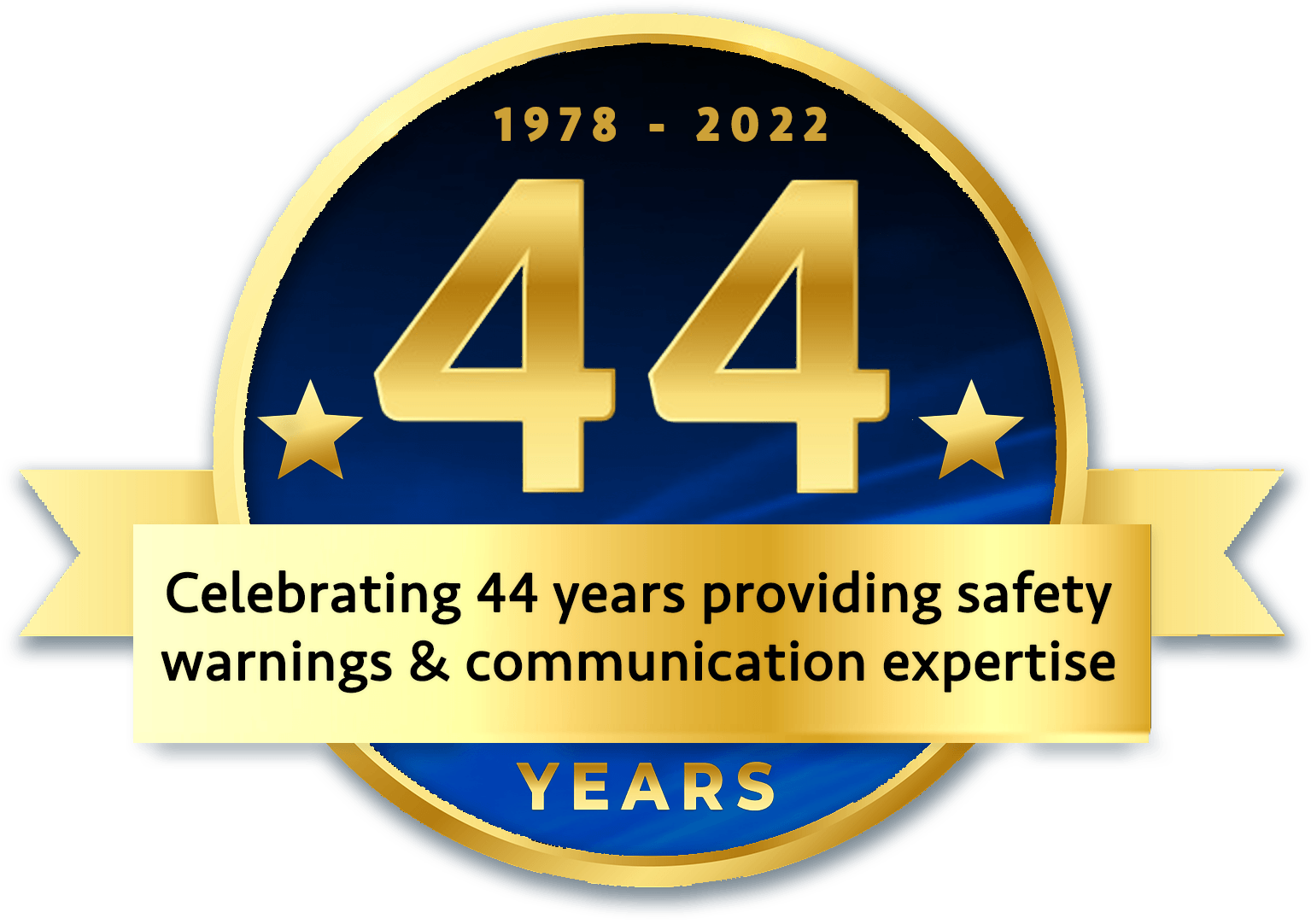OPENING DAY: A TALE OF TWO CITIES
FULL DISCLOSURE: I have been a Red Sox Season Ticket Holder since 1972, making this the 49th season I have had the privilege of owning two tickets in storied Fenway Park, typically, with either my daughter, Michelle, or my son, Marcus, at my side cheering for our beloved BoSox. However, this year, mostly due to Covid restrictions, I have not renewed my cherished nuggets, waiting until my family and I feel it's totally safe to resume outdoor activities involving potentially crowded circumstances. The Red Sox may not wait for my decision, just as they didn't when they allowed Mookie Betts to join the Dodgers (that's a cheap shot at the Sox management whom I already messaged earlier this year), and resell my former seats...but I doubt it, given the tepid response to date in purchasing tickets.
Actually, I commend the Sox (and virtually all other major league teams) for adhering to very strict Covid-driven safety guidelines to help them determine how best to resume playing baseball this year, and most importantly, how to do so as safely as possible with fans in the stands, even on a limited basis, Most teams have decided to limit total attendance to 10-20% of total capacity, depending upon local ordinances and whether the game is being played indoors or outdoors, require fans to produce evidence of either a complete Covid vaccination protocol or a very recent (usually within 48-72 hours) Covid negative test result. Some teams are even administering rapid Covid tests as fans enter the stadium. As further evidence of their commitment to fan safety, they are requiring all fans to wear masks over their noses and mouths throughout the game except when seated in their own seats consuming food or beverage. No food may be consumed other than in the fans' seats. Tailgating and carry-in food are prohibited and fans are encouraged, by ample signage, to walk in certain directions, keeping at least 6' apart as they enter and leave the stadium or their seats.
And, speaking of seats, fans will be spread out throughout the ballpark. For example, Fenway Park's capacity is 37,731 and the Red Sox have decided to allow only 12% of seating capacity (about 4500 seats) to be used by fans, located in pods of 2-4 (with an occasional pod of 6 for larger families), and all pods separated by at least 6-20 feet from another pod, And to ensure fan complicity with assigned seating, the remaining approximately 33,000 seats will be zip-tied so nobody can occupy those seats. Other safety protocols exist, including using prepackaged condiments, keeping fans waiting in food lines at least 6' apart, using contactless payment options, installing plexiglass at each cash register as well as in the first two rows near the playing field to keep fans away from players and ballpark staff before, during and after the game. Sorry, kids, no more rushing during pre-game to get an autograph from your favorite players...at least not this year. And, of course, our fan favorite...hand washing/disinfectant stations will be located throughout the ball park.
In my opinion, despite my decision to put my season tickets on hold for this year, the Red Sox and most other major league teams are attempting to provide as safe an environment for fans as possible, recognizing that it's impossible to remove all risks. Sadly, that is not the case with the Texas Rangers who play their home games at Globe Life Field in Arlington, Texas, with a seating capacity of 40,300. How ironic that the Rangers' ballpark's seating capacity is almost as high as the 45,000 Texans who have, to date, lost their lives from Covid. As the rest of the nation (and MLB teams) are struggling to fight the coronavirus, the Texas Rangers have mirrored the reckless lead of their Governor, Greg Abbott who has declared Texas wide open for businesses of all stripes, with no attendance limits, or...don't step on my personal freedoms...mask requirements. Once they got the green light from their devil-may-care Governor, the Rangers wasted no time announcing that they were intent on selling all 40,300 tickets for their April 5 home opener against Toronto, defying all logic and totally frustrating all local health authorities who, given the 8% positivity rate in Tarrant County, home to Globe Life Field, warned repeatedly about the possibility of still another "super-spreader event".
Yes, the Rangers announced they would install a mask mandate throughout the park, EXCEPT when eating or drinking in the fan's seat, and yes, they would adopt most of the safety protocols I identified above that the Red Sox and other teams have incorporated (e.g., no tailgating, no food can be brought into the park, cashless and/or digital ticketing and food/beverage purchase, no player autographs, cleaning stations throughout the park, etc.). However, by allowing full capacity to attend their games, the Rangers may as well have adopted NO safety protocols due to the high density seating of fans, crammed into seats only inches away from other fans, most of whom will be eating or drinking in their seats during significant portions of the game, without masks, of course, thus placing everyone in their vicinity at risk for Covid. A mask mandate with full capacity in crowded conditions may be a sure-fire way to reduce a mask's effectiveness. Even Texas' other MLB team, the Houston Astros, have agreed to reduce seating capacity at Houston's Minute Maid Park to 50% (approximately 20,000), still high by most standards, but not as outrageous as the "throw caution to the wind" Rangers.
Yes, indeed, a tale of two cities: Boston and its Red Sox versus Arlington and its Rangers. One city and team committed to providing as safe an environment as possible for their employees and fans and another who has chosen to play Russian Roulette with the safety of their ticket holders. Although I have chosen to put my own season tickets on hold, at least for the near future, I applaud the Red Sox and other MLB teams for their actions promoting fan safety and, as The Warnings Doctor, I can only urge the Rangers to reconsider their reckless decision, which can only lead to illness and possible death for some of their equally reckless fans.
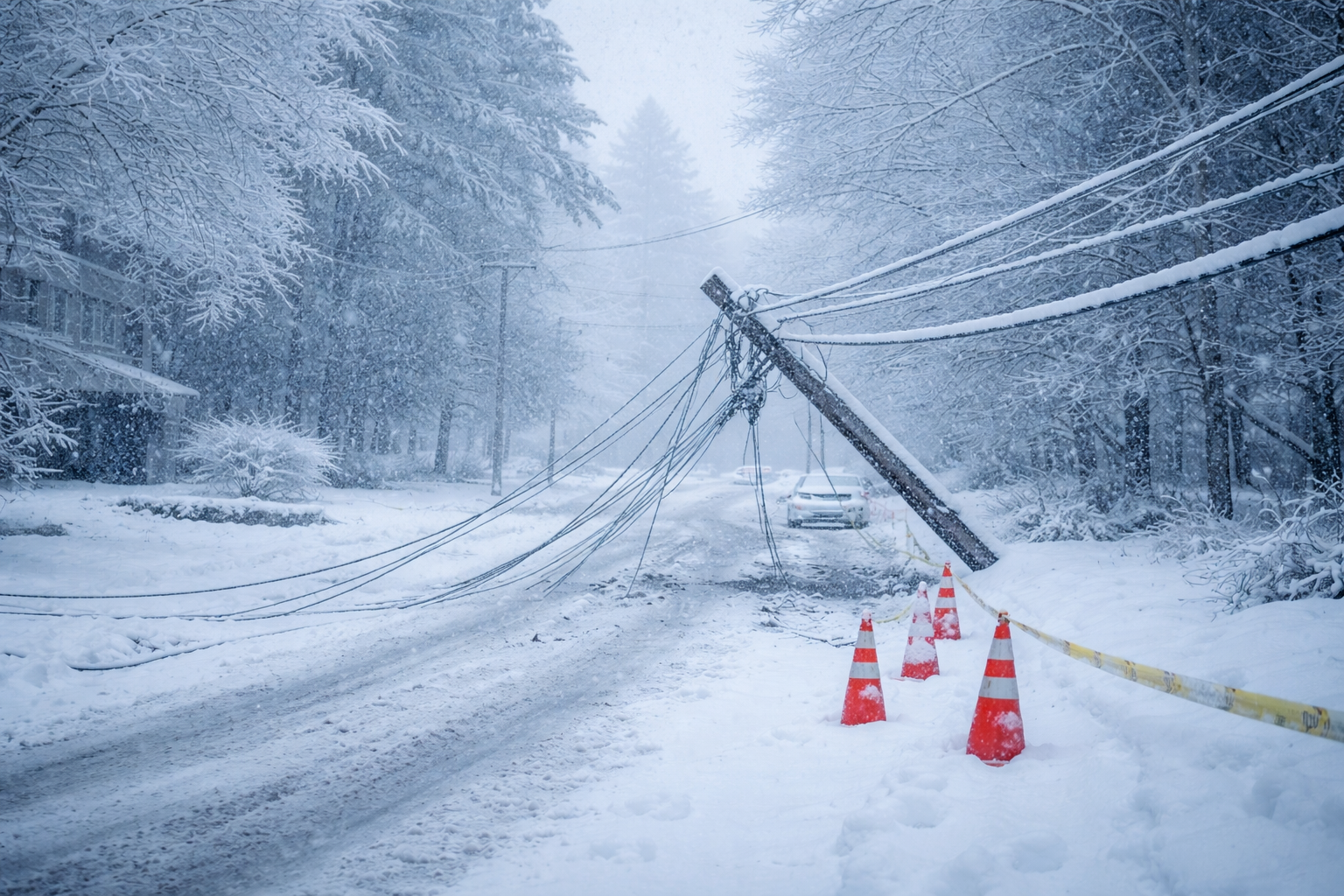
Winter in the Northern Hemisphere brings cold weather, snow, and often severe storms. These conditions can lead to power outages that last hours or even days. When electricity is lost and temperatures plummet, many households turn to alternative heating methods or portable power generators. While these actions are understandable, they can expose families to a perilous and often invisible threat: carbon monoxide (CO) poisoning .

As Thanksgiving approaches, kitchens across the country are about to come alive with the sounds and smells of holiday cooking. While this season brings family, gratitude, and plenty of delicious food, it also comes with a serious and often overlooked risk: foodborne illness. In the U.S., Salmonella and Listeria remain two of the most dangerous and persistent causes of food poisoning—especially during the holidays, when increased food preparation, crowded refrigerators, and large holiday meals create ideal conditions for bacterial growth.Whether you’re hosting your first Thanksgiving dinner or you’re a seasoned holiday chef, brushing up on a few key food safety practices can help you keep your loved ones healthy and your celebration memorable for all the right reasons.

The race to develop autonomous vehicles (AVs) has reached a pivotal moment. Alphabet-owned Waymo, widely regarded as the frontrunner in the field, has rolled out fully driverless taxis in Phoenix, San Francisco, and Los Angeles, with plans to expand to additional cities. But as more Waymo vehicles hit public roads without human drivers, the question looms large: Are they truly safer than the people they’re replacing behind the wheel?

We are now in the middle of another football season, and the question, as asked every year: Is this sport safe enough for our high school, college, and professional athletes to play? Football has always been a violent sport of collision, glory, and growing concern. Over the last decade, research tying repetitive head impacts to chronic traumatic encephalopathy (CTE) has shaken parents, players, and the game’s governing bodies. The central realities are straightforward but sobering: repeated head impacts — both diagnosed concussions and the many “sub-concussive” blows players take — are linked to later-life brain pathology; helmets and add-ons can lower impact forces, but no helmet or cover has been shown to prevent CTE; and rule and culture changes that reduce the number and severity of head impacts are where the biggest gains lie.
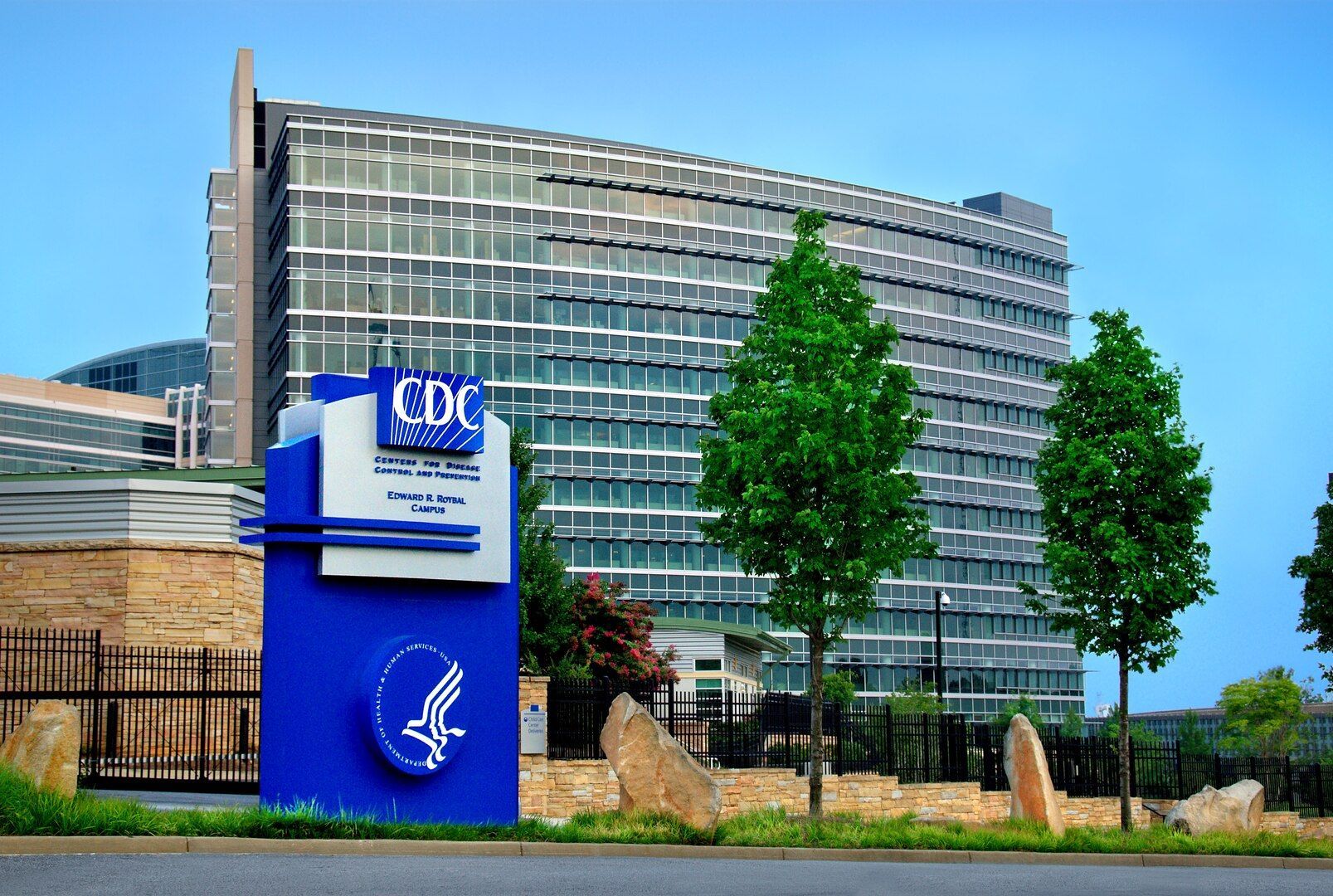
The Centers for Disease Control and Prevention (CDC) has long been viewed as the nation’s front-line defense against disease outbreaks, health emergencies, and public health threats. But today, the agency faces internal turmoil, political interference, and organizational confusion that experts warn could have dangerous consequences for the U.S. healthcare system—and for ordinary Americans.

From July 3–4, 2025, Central Texas—especially Kerr County and the Guadalupe River basin—experienced catastrophic flash flooding that claimed over 130 lives, including children and staff at Camp Mystic. As grief and outrage settle, survivors and officials alike are questioning whether enough was done to warn those most at risk.

On June 22, 2025, Governor Greg Abbott signed Senate Bill 25 (SB25), known as the Make Texas Healthy Again Act. Beginning January 1, 2027, Texas will require prominent on-pack warning labels whenever food sold in the state contains any of 44 specific additives—including synthetic colorants like Red 40, Yellow 5, Blue 1, titanium dioxide, bleached flour, and partially hydrogenated oils. The mandated label must declare the following:

The FDA is delaying implementation of a rule that would require food companies to print nutritional information on the front labels of their products. The proposed rule was developed by President Biden’s Administration, with a comment period scheduled to close on May 16. The rule is designed to help consumers make better choices to avoid chronic health problems. Such problems—and consumer choices about nutrition—are things President Trump’s Secretary of Health and Human Services, Robert F. Kennedy Jr., has repeatedly touted. Even though hundreds of comments have been filed about the proposed rule, Kennedy’s Food and Drug Administration is delaying the close of the comment period by 60 days. Most of the comments filed so far have come from food companies and food industry trade organizations. “ A 60-day comment period extension allows adequate time for interested parties to submit comments while also not significantly delaying rulemaking on the important issues in the proposed rule ,” according to the FDA’s announcement about the delay.
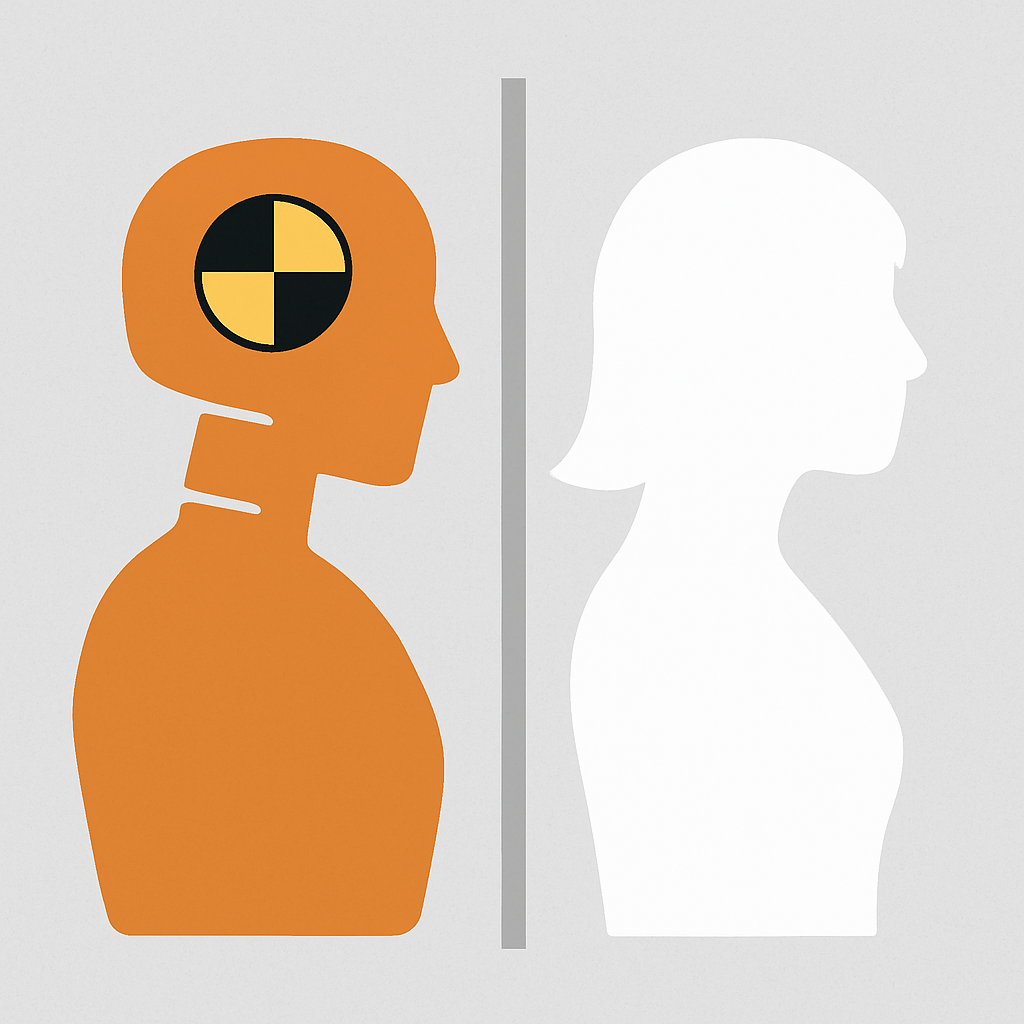
Car accidents are a leading cause of injury and death worldwide, yet the safety measures designed to protect occupants in these life-or-death situations have long ignored a critical reality: women are more likely to be severely injured or killed in crashes than men. This disparity isn't rooted in biology alone—it’s also a result of a troubling oversight in the automotive industry’s safety testing protocols. For decades, crash-test dummies, which serve as proxies for human passengers in simulated collisions, have been modeled after the average male physique, leaving women out of the equation entirely. The Alarming Data Gap The implications of this gender gap in safety testing are both staggering and infuriating. Women, on average, have different body compositions than men—they tend to be shorter, lighter, and have different muscle distributions and bone densities. These physiological differences mean that women’s bodies interact with car safety features—such as seat belts, airbags, and headrests—in distinct ways. When vehicles aren’t tested with dummies that accurately represent female anatomy, crucial data about how to better protect women in crashes is simply ignored. Studies have revealed the dire consequences of this exclusion. Research from the University of Virginia found that women are 47% more likely to sustain serious injuries in car accidents compared to men, even when accounting for variables like seatbelt usage and crash severity. Women are also significantly more likely to suffer whiplash injuries due to the positioning of headrests, which are often designed with men’s neck dimensions in mind. These statistics aren’t just numbers—they represent lives cut short, families broken, and untold suffering that could have been mitigated with equitable safety testing.
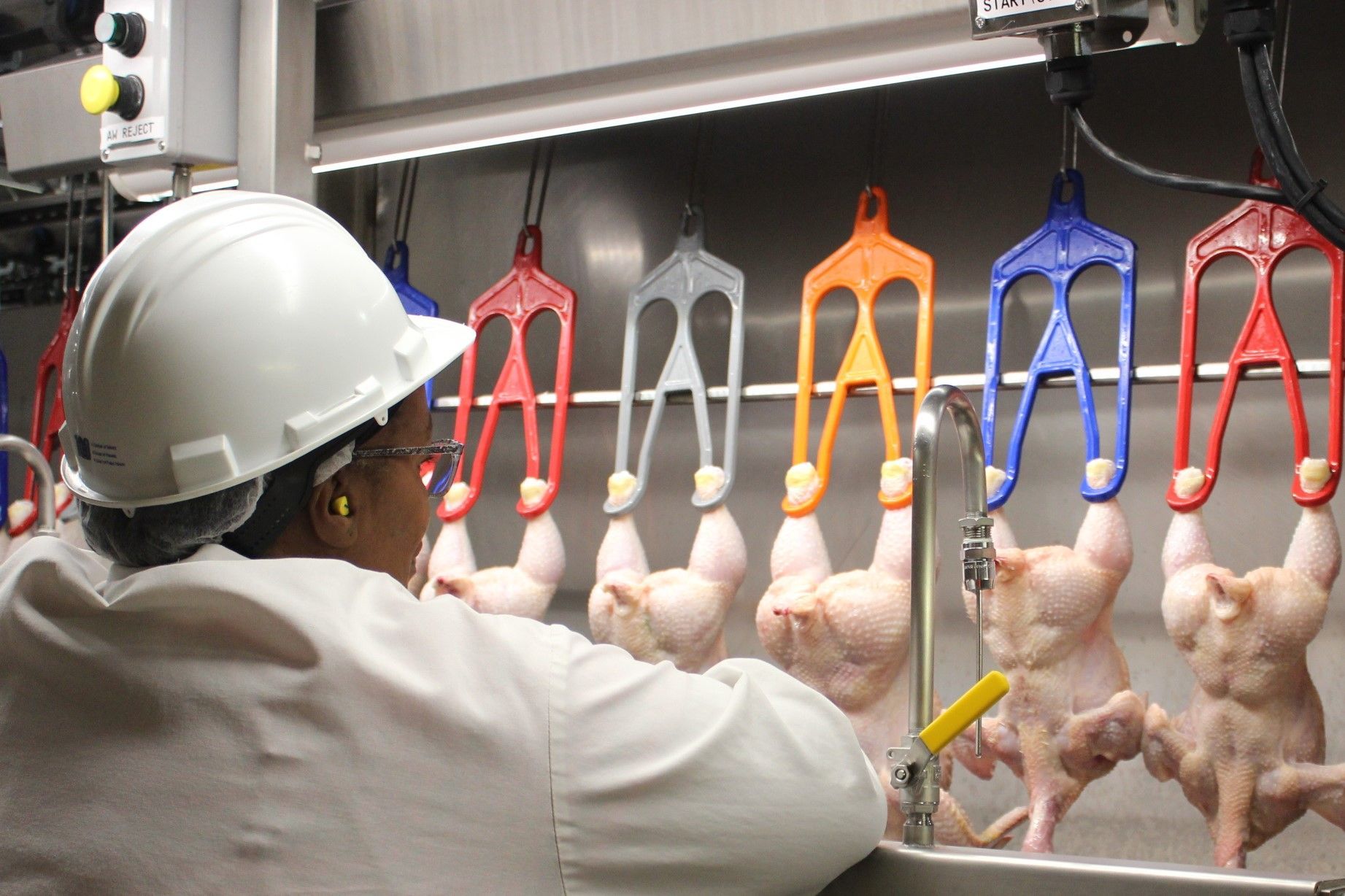
Recent budget cuts at the Health and Safety Science Services (HSSS) have sent shockwaves through the scientific and public health communities, threatening the very infrastructure designed to protect us from disease outbreaks, food contamination, and medical crises. These cuts have affected food inspectors, vaccine scientists, Alzheimer’s researchers, and experts studying bird flu, among others—positions that are essential to ensuring public safety and advancing critical medical research. The consequences of these decisions will be dire, potentially reversing years of progress and exposing society to increased health risks.
